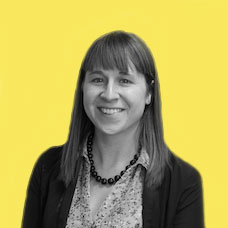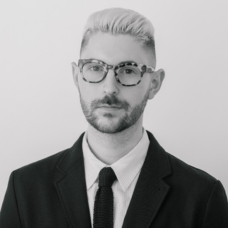Public Health Post: What was your focus of work before the Covid-19 pandemic?
Daniel Dawes: My work focused on researching the drivers of health inequities among under-resourced, vulnerable, and marginalized communities. In the United States, the nation’s health is not an organic outcome. It is not a coincidence that certain groups of Americans experience higher premature death rates or poorer health outcomes than others. Too often we stop at the social drivers of inequities, failing to dig even further to see the depths of the problem and understand its root causes and distribution. As a result, we miss the link between social determinants of health and their political roots. I was focused on creating a new, forward-thinking and multi-disciplinary framework to examine inequities in our society. I called this new approach the political determinants of health. Political determinants of health create the social drivers—including poor environmental conditions, inadequate transportation, unsafe neighborhoods, and lack of healthy food options—that affect all other dynamics of health. By understanding these determinants, their origins, and their impact on the equitable distribution of opportunities and resources, I firmly believe we will be better equipped to develop and implement actionable solutions to close the health gap.
How has this pandemic changed your work and the way you think about public health?
The pandemic has provided an excellent and timely example of how the political determinants of health impact our lives in real time. A national crisis tends to magnify disparities and inequities in our society. The Covid-19 pandemic, much like many past pandemics, negatively impacts and further disadvantages lower socioeconomic communities, racial and ethnic minorities, people with disabilities, and immigrant communities the worst. It has added greater motivation and an increased sense of urgency to disseminate the framework and educate more people about the political determinants of health. Once they understand this new framework, they will be able to more effectively identify the political factors that have created, perpetuated, or exacerbated health inequities and engage in the political process to develop inclusive and equitable policies.
What is a lesson learned during the response to Covid-19 that will inform your future work?
As President Theodore Roosevelt once stated, “The more you know about the past, the better equipped you are for the future.” In the past, when it comes to pandemics, we have not been successful in advancing equitable policies during those times. There is no time like the present to create the solutions needed to address the striking inequities we currently face. Even in the midst of this current pandemic, we must take the time to address the underlying inequities so when the inevitable next pandemic arises, we are better prepared to handle it. This way, all population groups stand a fair chance of weathering future crises. During this response, we have an opportunity to sound the alarm about the impact of this pandemic on marginalized communities, highlight the systemic and structural issues impeding better health outcomes, and advance policy solutions that would never have had an opportunity for expression in previous generations. Perhaps the response to Covid-19 will open our eyes wider to how political structures, processes, and outputs can advance or hinder health equity and help me focus my research on the political drivers that were most damaging.
Editor’s note: This is part two in a series of Profiles exploring the coronavirus pandemic with thought leaders in public health. You can read parts one, three, four, five, six, seven, and eight here.
Photo courtesy of Daniel E. Dawes















